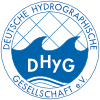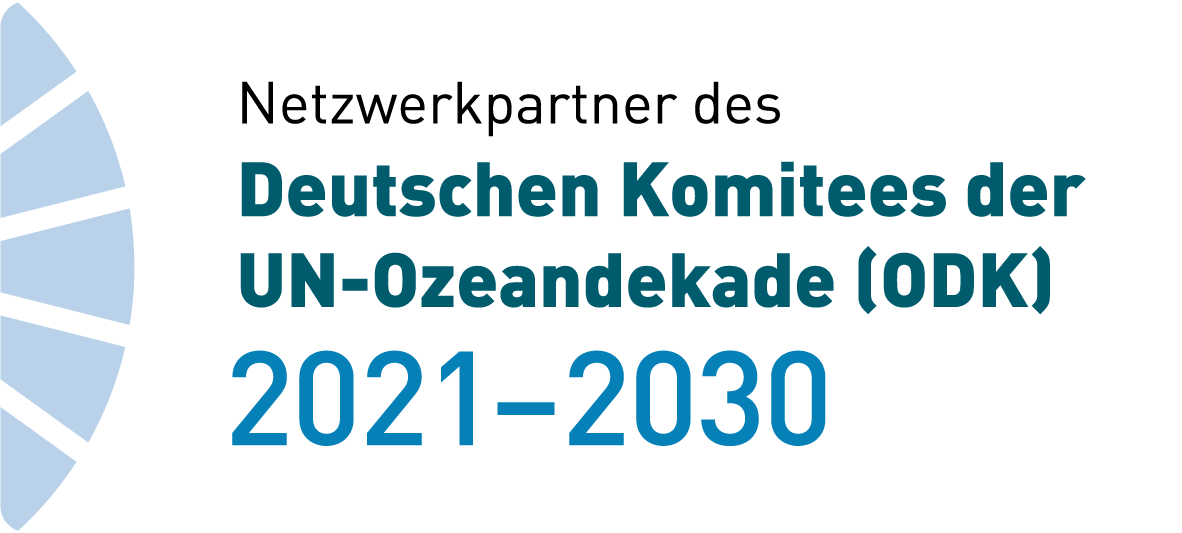Untersuchung unterschiedlicher Methoden zur Positionsbestimmung und Verbesserung bei GNSS-Signalverlust in dynamischen Prozessen
Der Fachbeitrag behandelt die präzise Positionsbestimmung bei Echolotmessungen unter Brücken, wo GNSS-Signale gestört oder vollständig blockiert sind. Um genaue Trajektorien zu berechnen, werden GNSS- und Inertialdaten kombiniert und mit Nachprozessierungssoftware wie Qinertia ausgewertet. Drei Methoden werden verglichen: eng gekoppelte Nachprozessierung (TC_PPK), lose Echtzeitkopplung (LC-RTK) und lose Nachprozessierung mit Modellierung (LC_PPP). TC_PPK bietet insgesamt die höchste Genauigkeit, während LC-RTK robuster gegenüber GNSS-Ausfällen ist. Eine Kombination beider Methoden (LC-TC_PPK) liefert unter Brücken die besten Positionsgenauigkeiten. In der Praxis zeigt sich jedoch, dass der Zugewinn im Endergebnis gering ist, weshalb TC_PPK allein meist ausreichend ist.
Satellitennavigation | GNSS | Inertialnavigation | IMU | Brückendurchfahrt | Signalverlust | Trajektorie
This technical paper deals with precise position determination for echo sounder measurements under bridges where GNSS signals are disturbed or completely blocked. To calculate accurate trajectories, GNSS and inertial data are combined and analysed using post-processing software such as Qinertia. Three methods are compared: tightly coupled post-processing (TC_PPK), loose real-time coupling (LC-RTK) and loose post-processing with modelling (LC_PPP). TC_PPK offers the highest overall accuracy, while LC-RTK is more robust against GNSS failures. A combination of both methods (LC-TC_PPK) provides the best positioning accuracy under bridges. In practice, however, it has been shown that the gain in the final result is small, which is why TC_PPK alone is usually sufficient.
satellite navigation | GNSS | inertial navigation | IMU | bridge crossing | signal loss | trajectory


